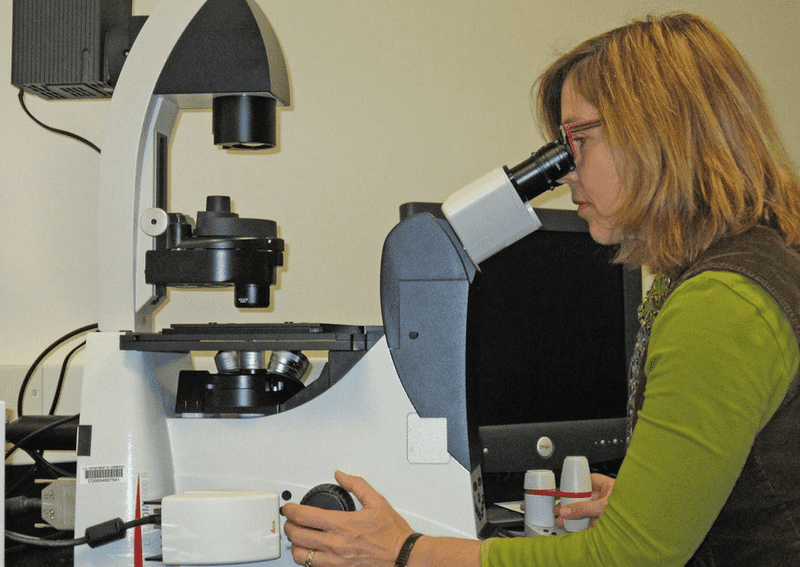Doctors and patients alike are becoming familiar with the benefits offered for a variety of ailments through compounds contained in medical marijuana like CBD (cannabidiol) or, to a different degree, THC (tetrahydrocannabinol). Cannabis contains far more compounds than just these two best-known compounds, however. One of the lesser-known compounds, CBN (cannabinol), is being studied closely because of its possible therapeutic value to patients.
CBD, THC and CBN
CBD has been found useful in pain management, as a drug that could possibly combat cancer and for its general anti-inflammatory properties. CBD achieves this through its impact on certain receptors in the brain. THC, the best-known property of cannabis, can enable pain relief, help with nausea and diminish anxiety due to its psychotropic properties. CBN is the third compound in medical marijuana that can help with pain relief. In addition, CBN has been studied for its ability to treat insomnia and stimulate appetite.
How CBN Activates
Unlike CBD, which occurs separately from THC within cannabis, CBN distills from THC. Specifically, Steep Hill Lab describes the CBD-to-THC process as being one of oxidization after THC degrades. During this process, THC loses its psychoactive properties, but retains the ability to be an anti-inflammatory while also enhancing feelings of relaxation.
Enhanced Impact of CBN on Patients
Studies have shown that CBN enhances the impact of THC and CBD in certain types of therapies. All three compounds--THC, CBD and CBN--have been found to have antibacterial qualities, particularly against viruses such as MRSA. In addition, studies have shown positive results in the impact of CBN on lung carcinomas in animals. That could mean that patients may someday experience similar positive benefits from CBN as well.
Getting the Best of Cannabis
Like many mainstream medications, different medical marijuana patients get different results from the various compounds that comprise cannabis. One benefit to CBN is, as the National Institute of Health terms it, the taming of THC. Some patients may need and seek the more psychotropic properties offered by THC. For other patients, however, those very properties outweigh the potential benefits they may experience. And that's where CBN can make a difference. As THC oxidizes into CBN, psychotropic properties are tamed--thinned out, basically--and that enables patients to achieve the anti-inflammatory, pain relief or other symptomatic improvements they need.
Hope for the Future
The list of ailments that medical marijuana may be able to treat or help provide relief from grows on a near-daily basis: help for cancer patients, controlling epilepsy, minimizing the pain of fibromyalgia and migraines are a few medical issues on that list. More research dollars are beginning to flow to determine the other properties of cannabis that may prove medically beneficial. Additionally, more formulations of medical marijuana are being developed in different strains to help increasingly different issues.
CBN is the latest discovery that has proven to be of great benefit to patients, and it won't be the last. As research ferrets out more ways in which CBN and other compounds can be used--such as the anti-tumor properties already observed in lab animals--practitioners can begin recommend cannabis to broader groups of patients. Medical marijuana is already legal in 23 states as well as the District of Columbia, and its reach grows with each election cycle as well. With the combination of enhanced research, enhanced prescribing and enhanced availability, patients will benefit exponentially.
